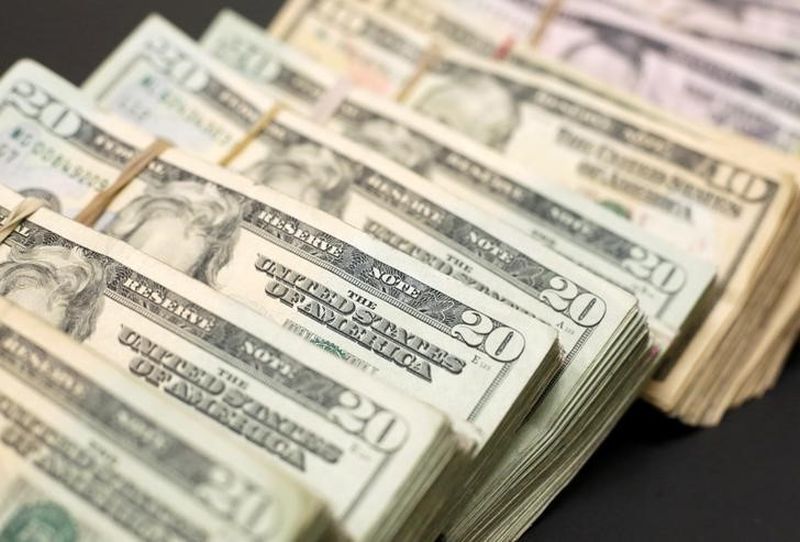NEW YORK, March 29 — The dollar index this morning was lower as increased investor appetite for risk hurt safe-haven currencies and after US inflation data came in weaker than expected, adding to the conviction that the country’s economy is losing momentum.
With many currencies on the defensive, the dollar had this week weathered a decline in benchmark Treasury yields to a 15-month low. But the buck was pulled lower on Friday morning by the twin forces of weak data and a global risk-on move.
US consumer spending rebounded less than expected in January amid muted price pressures, as measured by the Personal Consumption Expenditure index (PCE), the Federal Reserve’s preferred measure of inflation, according to the Commerce Department, which also reported that incomes rose modestly in February. Consumer spending accounts for more than two-thirds of American economic activity.
With growth slower and inflation benign, Friday’s data bolstered the Fed’s case for ending its three-year monetary tightening campaign.
“It was a soft number,” said Greg Anderson, global head of foreign exchange strategy at BMO Capital Markets, referring the PCE inflation measure. “It is a relief that there’s no reason for the Fed to have to raise rates.”
In spite of the soft data, investors on Friday morning favored riskier assets such as stocks, over safe-haven currencies like the dollar, the Japanese yen and the Swiss franc.
“It’s quarter-end today and so people gear up for this for months,” said Anderson. Investors “came into it fearing a meltdown in dollar/yen, which didn’t happen.” Against the Japanese currency, the dollar was 0.18 per cent stronger, last at ¥110.82 (RM4.09).
The euro on Friday was headed for its worst month since October, weighed down by fears about economic growth and cautious signals from the European Central Bank. Policymakers cut growth forecasts for the euro zone economy earlier this month and launched a new round of cheap loans to its banks.
Weaker-than-expected economic surveys from Germany and dovish signals from the ECB have pushed hedge funds to reduce their long euro positions. The euro was a tad higher at US$1.123 (RM4.58) but remained down about 1.2 per cent for the month.
Sterling was up early in the North American session, last trading 0.17 per cent higher at US$1.307 ahead of a crucial parliamentary vote on Prime Minister Theresa May’s deal to withdraw Britain from the European Union.
Although it does not appear that May has the votes to pass her twice-defeated Brexit deal, markets have begun to price in a long delay in the proceedings, Anderson said, which is boosting both sterling and risk assets. — Reuters






















